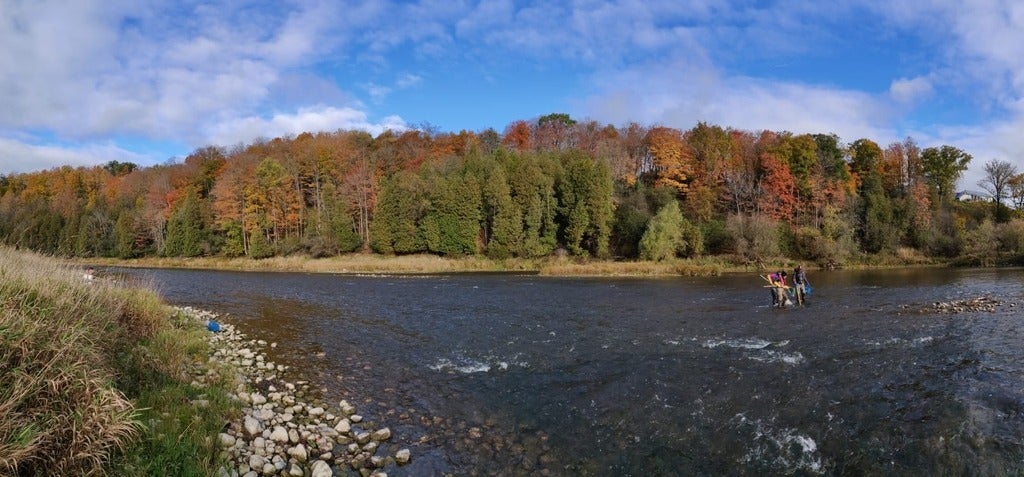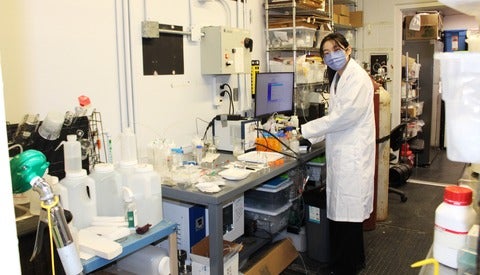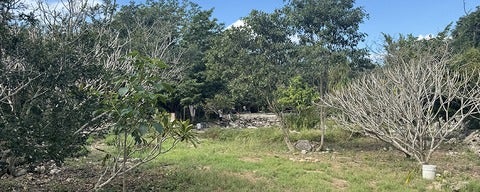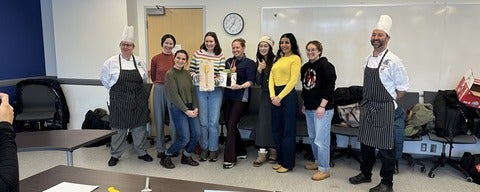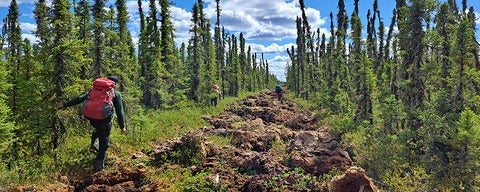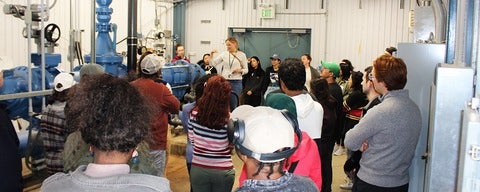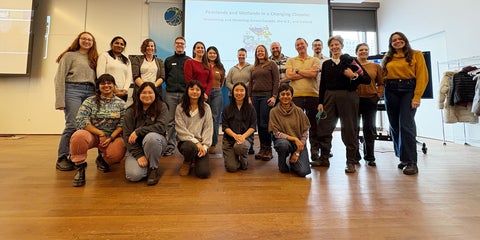Long-term monitoring links wastewater treatment upgrades to river recovery
A new collaborative study by water researchers at the University of Waterloo reveals that major investments in wastewater treatment have contributed to significant ecological recovery in the Grand River downstream of the Kitchener and Waterloo, ON wastewater treatment plants.
